- Clearly Define the Project Objectives, Scope, and Risk
- Detailed Project Planning
- Assemble a Skilled Team
- Establish Effective Communication
- Change Management and Scope Control
- Quality Assurance and Testing
- Ethical and Legal Compliance
- Lessons Learned
Clearly Define the Project Objectives, Scope, and Risk

At the project initiation phase, we take to time sit down with the stakeholder to clearly define the project objectives, project scope and identify any project risks. During this phase, we gather requirements and produce a Design and Analysis document. This document will include project objectives, scope, business requirements, project risks, system processes, and design ideas. This document aims to provide the stakeholders with a clear understanding of the system being developed. This will trigger further discussion between Intergy and the stakeholders, creating a clear understanding of our clients’ needs. Once the Design and Analysis document has been agreed upon by stakeholders, Intergy can move to the next phase.
Detailed Project Planning

After receiving Design and Analysis sign-off from the client, we develop a comprehensive project plan. This document should include a breakdown of tasks, schedules, resource allocation, and budget estimates. Regardless of whether an Agile or Waterfall methodology is used, the success of a good project is determined by the quality of the planning that takes place prior to commencing any work. The project plan needs to be flexible; to give allowance for change requests, or sudden economic or business contingencies. At Intergy, we strive to create good project plans that promote effective time and resource management.
Assemble a Skilled Team

For any custom software development project to be successful, it’s important to assemble a skilled team. Other than the Project Manager, key team members may include a Technical Team Leader, Systems Architect, Quality Assurance Engineer, Cloud Engineer, Front-End Developers, Back-end Developers, UI Designer and a Business Analyst. The number and type of resources is determined by the size, complexity and delivery timeline of the project.

Establish Effective Communication
It’s always important to establish strong communication practices that ensure information flows seamlessly between team members, stakeholders, and sponsors. Regular status updates, meetings, and reporting help keep everyone informed, and ensures that all key personnel are engaged throughout the project lifecycle. At Intergy, we also encourage soliciting feedback from clients, managing expectations, and addressing concerns as they arise.
Change Management and Scope Control
For any project, we need to manage any changes to the project and/or scope creep. At Intergy, we have a formal process to manage these aspects and ensure that all relevant changes are documented, evaluated, and approved by key stakeholders. Any change requests that impact the project’s timeline are addressed by creating an updated project plan that is agreed upon by all parties.
Quality Assurance and Testing
At Intergy, we prioritise quality from the beginning of the project. We implement a robust quality assurance process throughout the project and conduct thorough testing to identify and address defects for all systems we develop. This ensures that the project deliverables meet the specified quality standards and our stakeholder’s expectations. All testing efforts are documented and presented to the stakeholders after the completion of the QA or testing stage.
Ethical and Legal Compliance
We at Intergy ensure the project adheres to ethical and legal standards. This includes privacy, security, and regulatory requirements wherever applicable. Intergy is now accredited with ISO 27001 certification, and this means that we have put systems in place to manage risks related to the security of data owned or handled by the company, and that our processes respect all of the best practices and principles enshrined within this important and prestigious International Standard.Lessons Learned
At Intergy, after the completion of a project, we conduct a lessons-learned review to analyse what went well and what could be improved. We use these insights for continuous improvement in future enhancements and projects.

These are the best practices we at Intergy adhere to for successful project management in developing custom software solutions. We understand that all projects are different and each project needs to be tailored to the specific needs and characteristics of our clients, however, these practices are crucial to setting a firm foundation upon which unique and exciting projects can be built.




